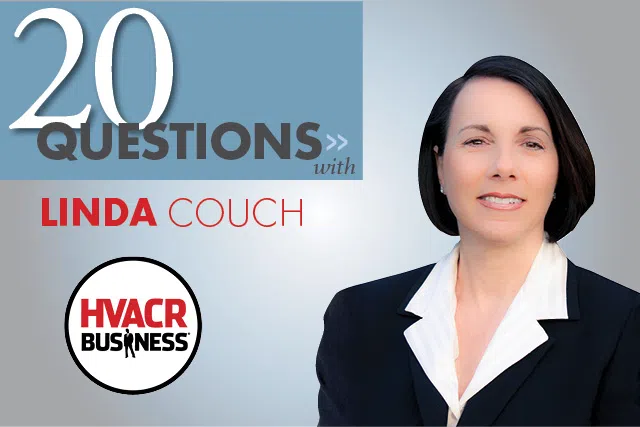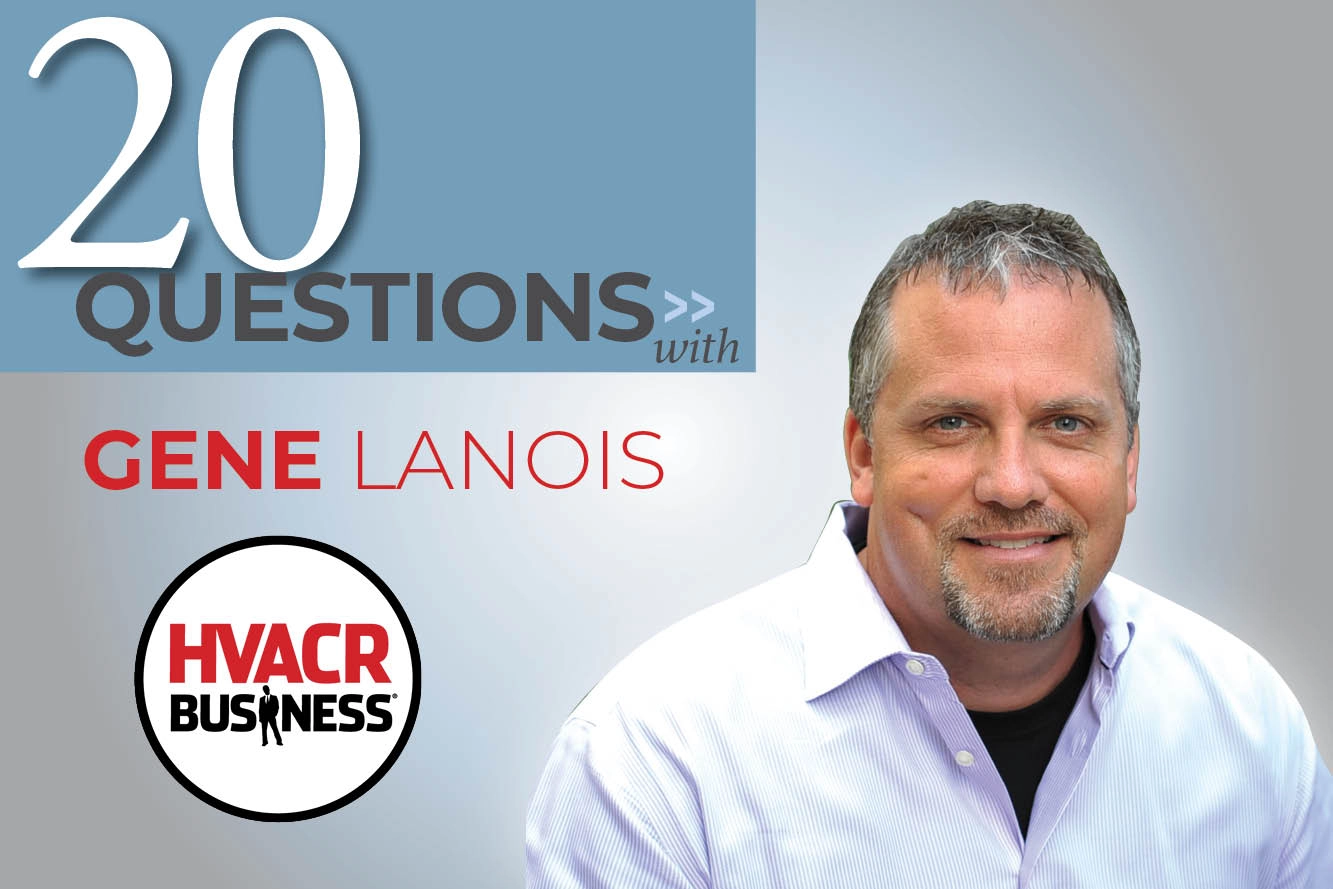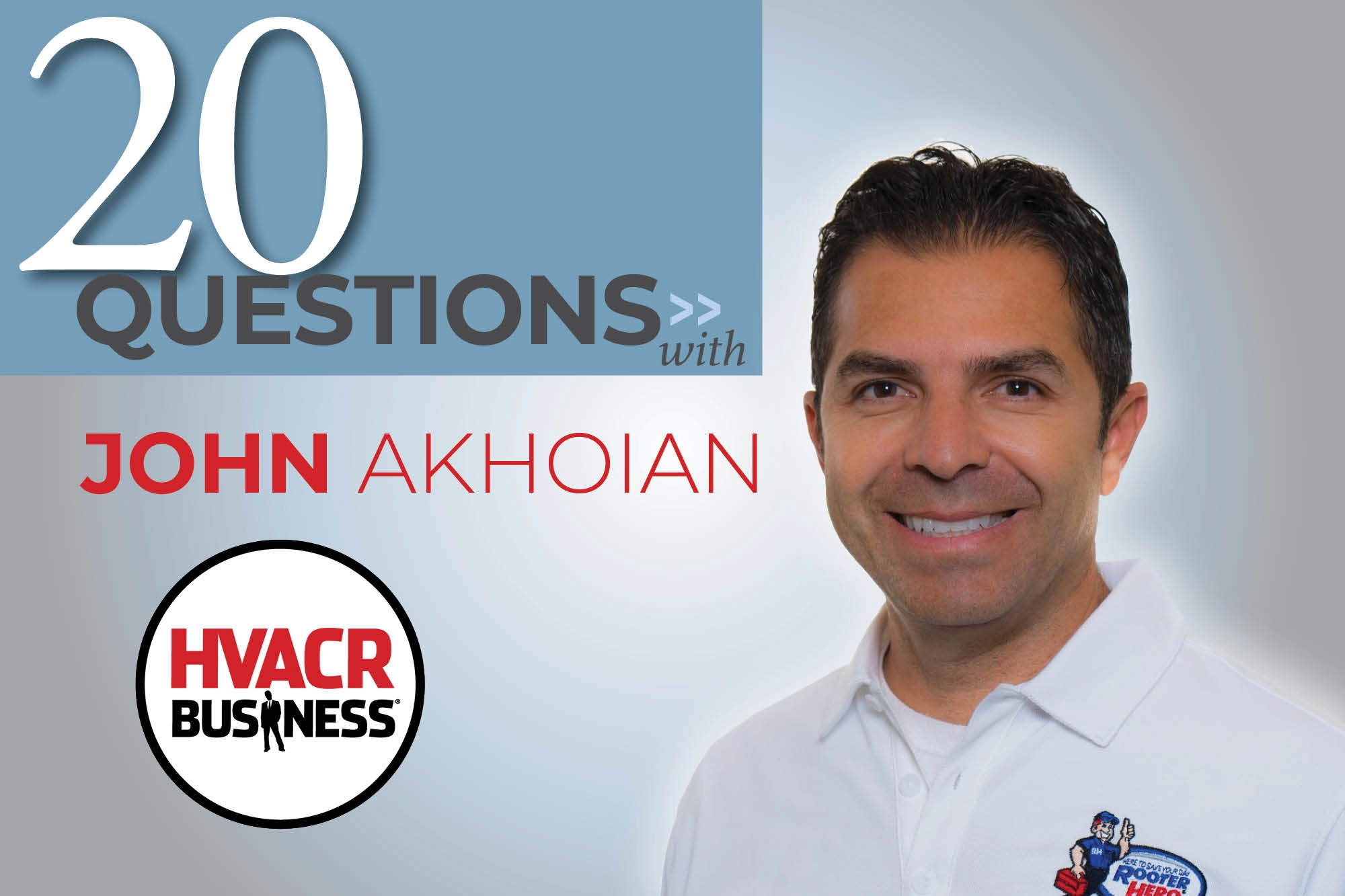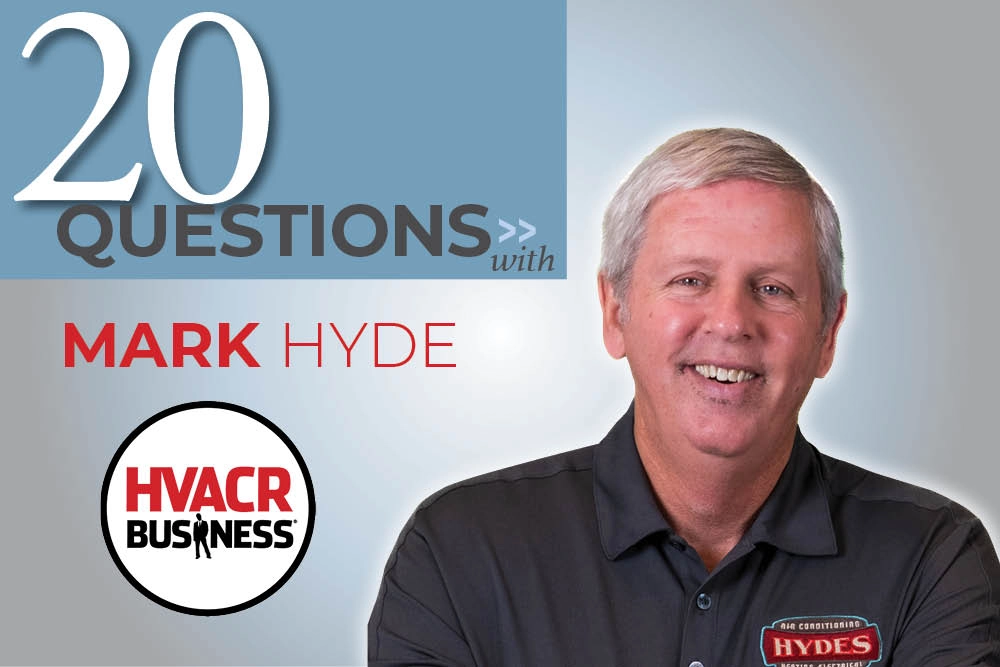We sat down with Linda Couch, chief operating officer for Parrish Services in Manassas, Va., and board member for the Air Conditioning Contractors of America (ACCA). Couch discussed the importance of tapping into Millennial talent, communicating with an unconventional workforce and the challenge of commoditization.
1. Can you tell us about your impressive educational background?
I enjoy education. I love learning. I have an associate’s degree in engineering, a bachelor’s degree in mathematics and an MBA. I’ve been a doctoral student in the University of Maryland’s management program.
2. What’s your background in this industry?
I was working for IBM and ended up in a division where I led projects to design and build data centers.With data centers, you’re cooling year-round and I learned a lot about the technologies applied to do that — I just found it fascinating.
3. How did you make the leap over to HVACR?
I met Alan Givens, the owner and founder of Parrish Services. Even though our meeting was social, I couldn’t help but pepper him with a lot of questions about his business, and I was hooked.
4. So, how did you transition over to working for Parrish?
(laughs) Well, we were both hooked on more than that because two years later we got married. I worked at IBM for the first couple of years of our marriage, but Alan’s business was growing rapidly and he needed someone with business management experience to run his business.
5. Were there any concerns about working together?
We thought it was at least worth a shot. That was nine years ago — we’re both still here and we’re both still married.
6. What is your management philosophy?
I like to try and figure out what people’s talents are and what they like to do, and then build my organization around my people, rather than the other way around. This is especially important with a small company where there’s not a lot of upward mobility.
7. What do you view as the most important aspect of your job?
This type of business requires three different skill sets. You need someone who understands what you’re doing, so in this case, a technician. You also need a business person and you need somebody who’s an entrepreneur, a visionary. I’m the business person. I’m the one who brings structure and organization to the entrepreneur’s vision and the technician’s effort.
8. You have a unique office structure — could you tell us about it?
All of my office personnel, with the exception of two people, work from home. That was objective number one for me when I went to work at Parrish, in part because I had been working at home as an IT professional for many years, and I wasn’t about to go into the office every day, especially with traffic in northern Virginia.
9. How do you make that work?
We really rely on great communication between everyone, using internal instant messaging and text messages throughout the day. It’s really no different a challenge than communicating with technicians in the field.
10. What’s recruiting like in your area?
It’s extremely competitive. I could throw a rock and hit five HVACR companies. So, not only is that an added challenge when it comes to finding new employees, but we’ve found that people with Parrish on their resume seem to be a hot commodity because of the level of training they get from working here.
11. How do you combat that?
We do everything we can to create a great working environment and create loyalty. We create an environment such that people don’t want to leave. For office employees, it’s quite easy because our people work from home. I think my shortest tenured CSR is probably six years.
12. And what about the technicians?
We’re big on training. Every employee gets a training allowance and Alan works in the field, so he’s actually out there training young people. We hire a lot of unskilled people, so they come in and this is the first place they learn it. Then they love it and feel like they’re a part of this here.
13. What’s the biggest misconception about the current workforce?
People have a lot of negative things to say about Millennials. But one of the things Millennials maybe have right is that they’re actually trying to enjoy their lives more. They’re trying to live in the moment and be mindful. And when you look at what our business is, that’s what we do.
14. How do you translate that to recruiting Millennials?
We provide a place that’s comfortable, safe, enjoyable and worry-free for our customers. We help people so they don’t have to suffer with poor air quality, so they can do something about their allergies. This industry helps people enjoy their lives, and Millennials want to be a part of that.
15. What challenges do you see in the next few years?
The single biggest threat we have as an industry is the commoditization of our services. It’s a problem when a customer’s reaction after you price something for them is, “I went on Amazon and that part was only two cents!”
16. That is a common criticism these days — how do you address it?
As an industry, we have to learn to say to those people, “You’re not paying for my part. You’re not even paying for my labor. You’re paying for my expertise, among other things.” We need to be better at articulating the value that we bring.
17. Where do you see the most significant growth?
People laugh at me, but I’m serious — the legalization of marijuana presents an incredibly huge opportunity for us. When you look at legalization, people aren’t growing this stuff outside. It’s in facilities that need a lot of environmental controls. You’re talking about a commercial environment where people will pay a premium for quality service. It could potentially become a specialty for contractors, much like data centers have.
18. How do you measure success?
There are two big things that matter: employee morale and client satisfaction. If you don’t have these two things — and of course they go together — you aren’t successful.
19. What do you find most rewarding about your job?
I love helping people. I love business and technology, and I get to do all of those things here at Parrish.
20. Who’s been your biggest role model?
My father was an executive in the wholesale grocery business and so he taught me a lot about work ethic. As a child, my father would take my sister and me to work with him in the warehouse on weekends.






